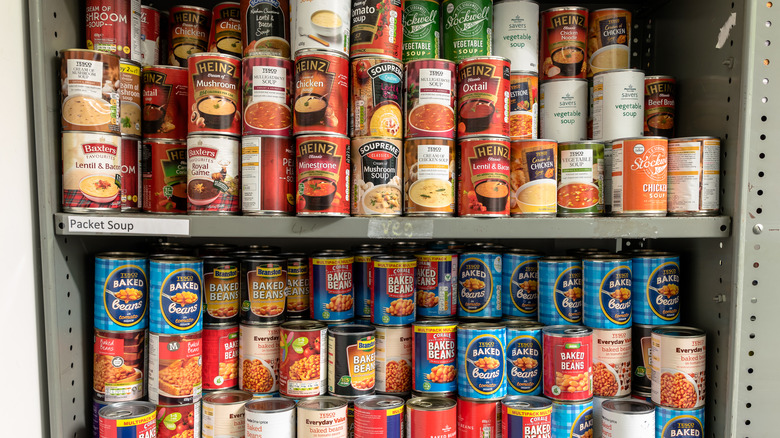Liver
Harmful foods for the Liver
The liver is essential in body metabolism, detoxification, and the storage of nutrients, yet certain foods may pose a threat to its health. High-fat and deep-fried items, for instance, can cause non-alcoholic fatty liver disease. Another primary risk arises from excessive alcohol intake, which could potentially culminate in alcoholic hepatitis and cirrhosis. Processed foods and those with added sugars can negatively affect liver health, given their high content of unhealthy fats and synthetic chemicals. Consumption of foods high in sodium and preservatives also exerts pressure on the liver, potentially leading to liver diseases. The bottom line is, it is of utmost importance to avoid these hazardous foods and opt for healthier alternatives for maintaining optimum liver health.
2. High-Fat and Fried Foods

To maintain optimal liver health, it’s crucial to limit the intake of fried and high-fat foods. These food types often pack unhealthy amounts of trans fats and saturated fats. The result could be fatty liver disease, a condition characterized by an accumulation of fat in the liver. Over time, this excessive fat accumulation could trigger inflammation and compromise liver function. Fried foods carry additional risks as they may contain damaging compounds such as acrylamide and polycyclic aromatic hydrocarbons (PAHs). These compounds have the capacity to inflect further damage to the liver and escalate the likelihood of liver cancer. For these reasons, refraining from high-fat and fried foods is an essential part of sustaining an overall healthy liver.
3. Excessive Alcohol Consumption

Overconsumption of alcohol poses a serious threat to the liver, thus it’s crucial to drinking responsibly to maintain overall good health. The liver processes alcohol, but excessive consumption could lead to inflammation, build-up of fat and at worse, result in conditions like cirrhosis or alcoholic hepatitis. The liver detoxifies the body, but an excess of alcohol can overpower this system, causing a rise in harmful compounds and oxidative stress. On top of this, alcohol consumption can impede the liver’s normal function of generating essential proteins, block the regrowth of liver cells, and boost the chances of developing liver cancer. To keep the liver function and overall health in check, it’s critical to exercise moderation when consuming alcohol.
4. Processed Foods and Added Sugars

Maintaining your liver’s robust health entails vigilance over your consumption of processed foods and added sugars. These edibles have the potential to trigger non-alcoholic fatty liver disease (NAFLD). This disorder characterizes the liver with built-up fat due to these dietary choices. Junk food often harbors high amounts of unhealthy fats, making them far from rich in vital nutrients. Moreover, added sugars – highly present in these foods – can heighten the probability of liver degradation and inflammation. Sodium content, usually exceedingly high in processed foods, has a propensity to cause water retention leading to potential liver harm. Thus, a nutritious liver diet should prioritize cutting down on both processed foods and added sugars.
5. Sodium-Rich and Preserved Foods
 Diets heavy in sodium and preserved foods can have detrimental impacts on the wellbeing of your liver. Such foods are known for their high sodium content, disrupting the body’s fluid balance and elevating blood pressure levels. Moreover, preserved foods are typically full of additives and preservatives that put stress on the liver during the process of metabolism and elimination. Overindulging in preserved, high-sodium foods has shown to raise the chances of liver damage, inflammation, and fatty liver disease. It is advisable to reduce consumption of these foods, instead opting for a diet plentiful in fruits, vegetables, and whole grains for improved hepatic health.
Diets heavy in sodium and preserved foods can have detrimental impacts on the wellbeing of your liver. Such foods are known for their high sodium content, disrupting the body’s fluid balance and elevating blood pressure levels. Moreover, preserved foods are typically full of additives and preservatives that put stress on the liver during the process of metabolism and elimination. Overindulging in preserved, high-sodium foods has shown to raise the chances of liver damage, inflammation, and fatty liver disease. It is advisable to reduce consumption of these foods, instead opting for a diet plentiful in fruits, vegetables, and whole grains for improved hepatic health.

